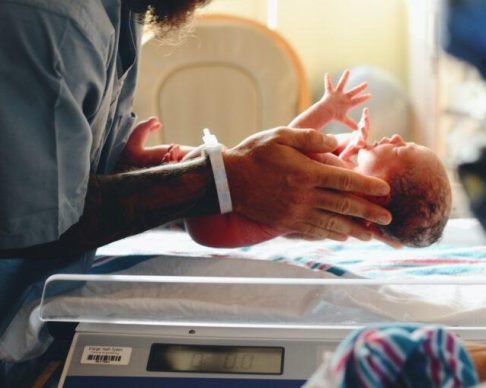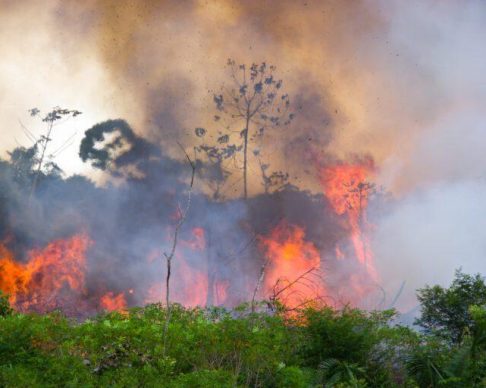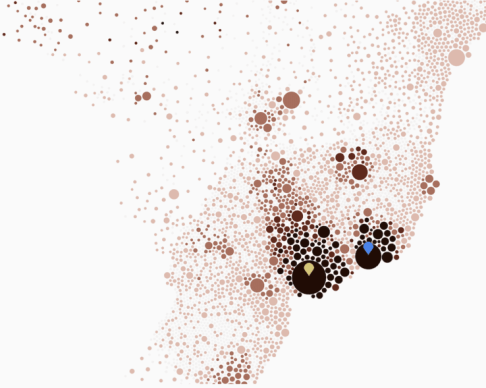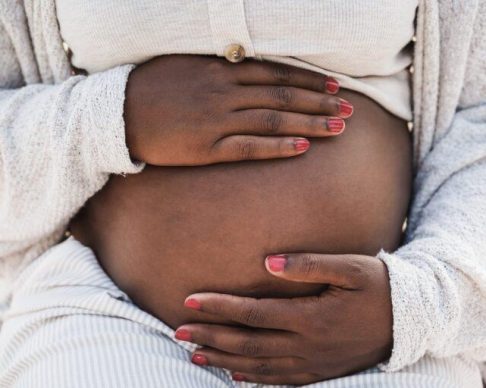
Data Science II
Home ㅤ>ㅤ Data Science II

Challenge
There remain key knowledge gaps in understanding how nutrition, prenatal and antenatal care, maternal support, and environmental and social factors contribute to an elevated risk of poor maternal and childhood health outcomes, mainly in the primary Health Care and health surveillance areas. More specifically, social, environmental, and cultural determinants of health.
In 2018, GCE partners in Brazil launched the first Brazil-exclusive call for projects on data science to improve maternal and child’s health. On the occasion, 14 projects were selected from six Brazilian states and the results were considered positive and promising. Having seen the impact, the Brazilian Ministry of Health along with the Bill & Melinda Gates Foundation, and the National Council for Scientific and Technological Development (CNPq) decided to launch a second call to fund data science projects. This time, the focus was not only on maternal and child’s health, but also in women and children’s health, taking into account how these areas interface with risk factor such as social, racial and geographical vulnerabilities, and aligned with the Sustainable Development Goals.

Goal
To support research projects that intend to contribute significantly to the scientific and technological development and to innovation in the country, in the field of data sciences, to improve Maternal and Child Health, Women’s Health and the Health of Children in Brazil). The proposals focused on innovative approaches to data analysis and modeling that could be applied to databases from DATASUS/MS, in CIDACS (Cohort 100M SINASC-SIM-SISVAN), at ICICT/FIOCRUZ, or to other datasets that the candidates have access to.
Specifically, the call supported proposals designed to work with:
- innovative and technical analysis that employs machine learning to identify data patterns and natural experiments (e.g. the impact of economic cycles on primary care quality;
- monitoring, visualization, simulation, and health indicator projection tools that support the management of public health programs related to women health, child health, and nutrition programs;
- geo-referenced prediction models with vulnerability risk stratification for infant mortality;
- assess infectious and non-infectious factors related to the occurrence of changes in growth and development during pregnancy and up until early childhood;
- predictive models for the development of chronic diseases such as hypertension in children whose mothers had eclampsia, pre-eclampsia and hypertension, or even diabetes in children whose mothers were diabetic or had gestational diabetes;
- develop and/or evaluate strategies for the reduction of maternal mortality, considering the main causes, estimation of preventable deaths and potential recommendations to improve public policies in this field;
- identify factors associated with alcohol and drug abuse among women and their impact on health outcomes;
- evaluate interventions performed in Primary Health Care to control dietary risk factors for chronic conditions and nutritional problems in women, children and during pregnancy;
- assess the impact of nutritional status, gestational weight gain and health status on maternal and child outcomes based on data from the SISVAN;
- study breastfeeding and / or food intake and nutritional and health outcomes (nutritional status, deaths, hospitalizations) based on data from SISVAN and from other health information systems, preferably those that assess vulnerable populations at different stages of their lives.

Project

Published Studies






